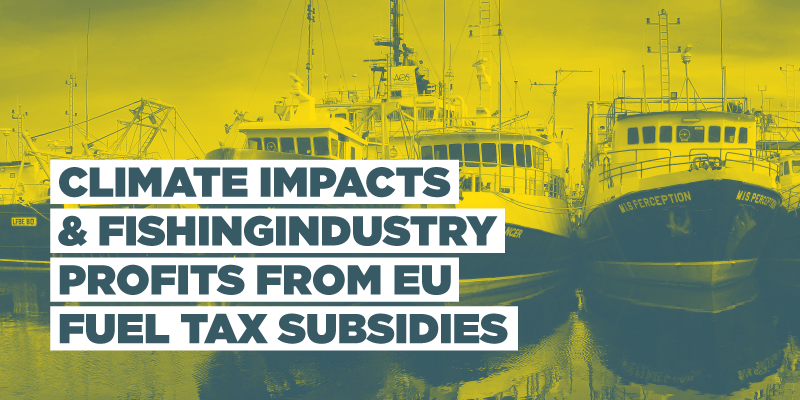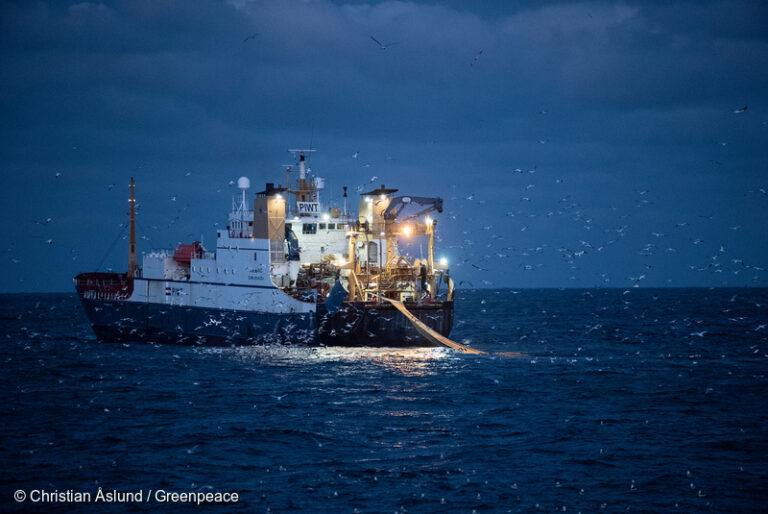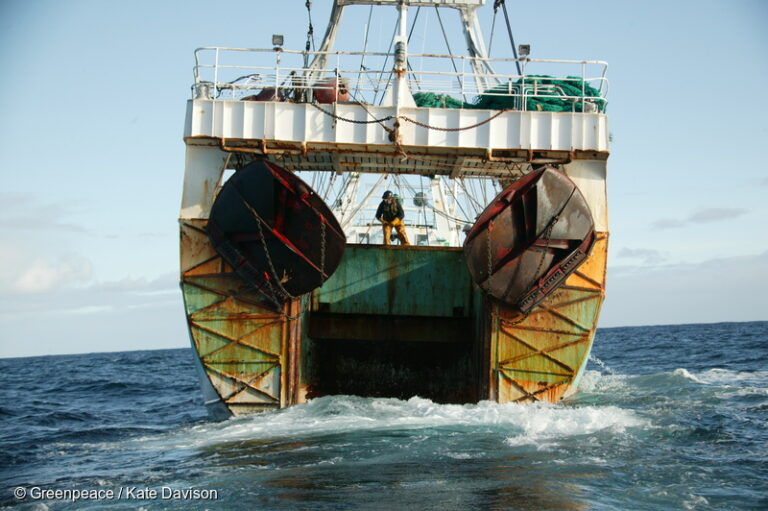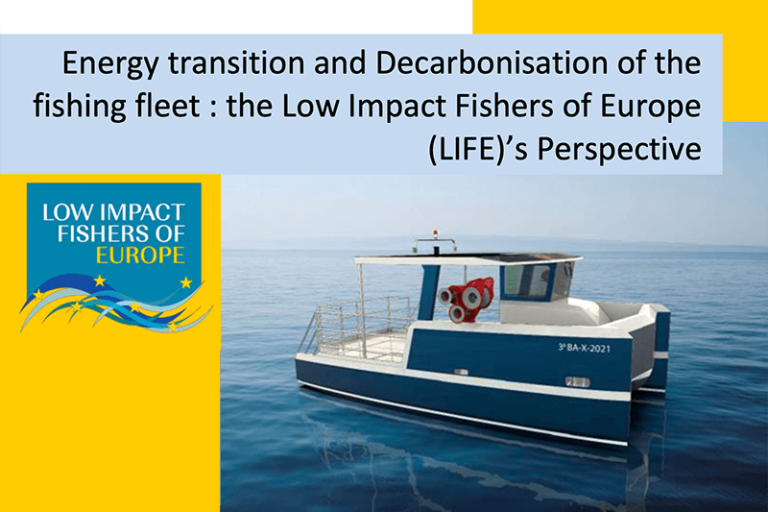
EU tax exemptions for fuel are harmful subsidies that reduce the costs of fishing, therefore leading to an increase of fishing capacity, and thus contributing to overfishing in the European Union. Since 27 October 2003, energy products supplied for use as fuel for the purpose of navigation within EU waters, including fishing, are exempted from taxes. For years, these indirect support mechanisms by EU Regulations have added to the direct subsidies with which the EU has supported the fishing industry. In this study, we demonstrate the vastness of this indirect support through fuel tax exemptions and the scale of resulting CO2 emissions, and preview the impact of the proposed tax exemption elimination by the European Commission under the review of the Energy Taxation Directive (ETD).
Download executive summary: Climate Impacts & Fishing Industry Profits From EU Fuel Tax Subsidies
Download full report: Climate Impacts & Fishing Industry Profits From EU Fuel Tax Subsidies
Press release: EU Fuel Tax Subsidies Worth €1.5 billion are Driving Climate Impacts & Overfishing




